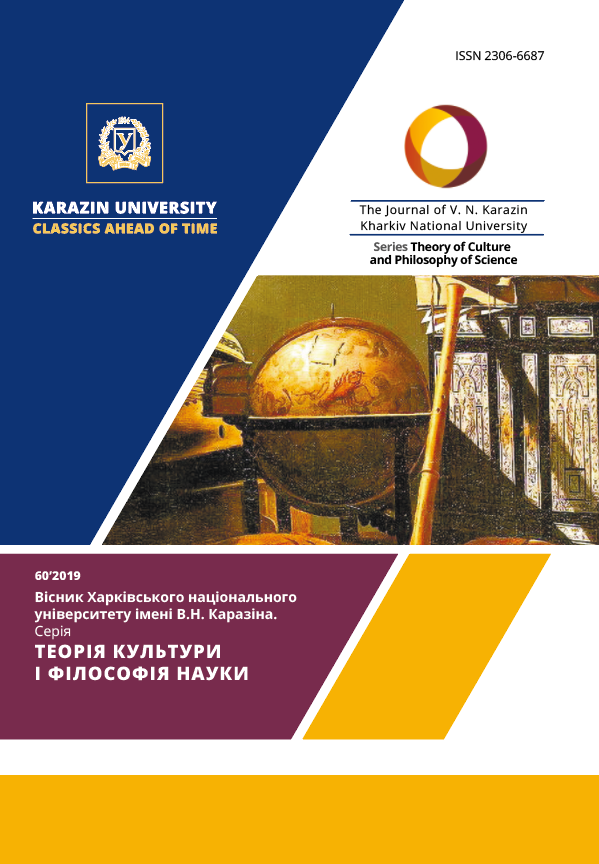Lessons of the middle ages in the creative heritage of Umberto Eco
Abstract
The article reveals the concept of the «return of the Middle Ages» in the work of the Italian thinker Eco. The analysis describes development of the idea by Eco to identify the era of the Middle Ages and modernity. Eco derived the origins of many contemporary problems from the Middle Ages pointing to the similarity of many cultural phenomena, and, at the same time, pointed to their significant differences. It is shown that a similar experiment comparing two historical epochs allows us to analyze the problems of our time and see the prospects for their solution.
Downloads
References
Зенкин С. Эконом / С. Зенкин // Социологическое обозрение. – 2016. – Т. 15. – № 1. – С. 178 – 180.
Усманова А Р. Маленькие и большие средневековья Умберто Эко / А. Р. Усманова // Умберто Эко: Парадоксы интерпретации. – Мн.: Пропилеи, 2000. – 200 с.
Эко У. Заметки на полях «Имени розы» / У. Эко. – М.: Астрель, 2011. – 160 с.
Эко У. Средние века уже начались /У. Эко // Иностранная литература. – 1994. – № 4. – C. 258 – 267.
Эко У. Какой конец нас ждет? [Электронный ресурс] / У. Эко. – Режим доступа : https://inosmi.ru/world/20120906/198709902.html
Эко У. Поиски совершенного языка в европейской культуре / У. Эко. – СПб.: Александрия, 2007. – 423 с.
Лотман Ю. М. Выход из лабиринта / Ю. М. Лотман // Эко У. Имя розы. – М.: Книжная палата, 1989. – С. 650 – 669.
Эко У. От Интернета к Гуттенбергу /У. Эко // Общество и книга: от Гуттенберга до Интернета. – М.: Традиция, 2000. – С. 275 – 279.




